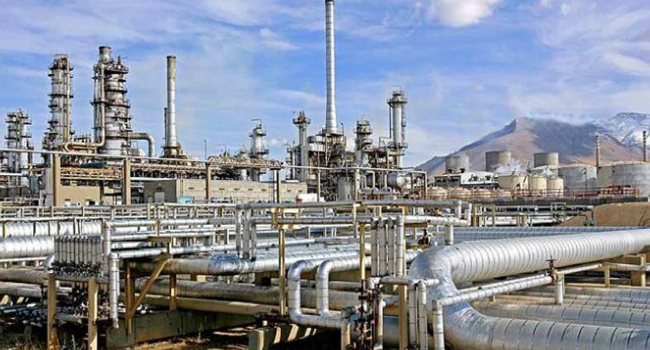
The Petroleum Products Retail Outlet Owners Association of Nigeria (PETROAN) has announced that petrol prices are expected to decline following the revival of the Port Harcourt and Warri refineries by the Federal Government.
In a statement on Saturday, PETROAN’s National Public Relations Officer, Dr. Joseph Obele, confirmed that both refineries are now fully operational, with its members already loading petroleum products, including Premium Motor Spirit (PMS), Dual-Purpose Kerosene (DPK), and Automotive Gas Oil (AGO).
“The resurgence of these refineries has sparked intense competition, which is expected to drive down petroleum prices. As Nigerians advocate for lower PMS prices, it is clear that competition is a crucial factor in triggering price reductions,” the statement read.
Dr. Obele highlighted the multiple benefits of the refinery revitalization, noting that it has curbed the sale of adulterated diesel and kerosene, which had posed safety risks to consumers. He explained that the availability of genuine petroleum products has significantly reduced the demand for substandard alternatives, thereby lowering the risk of explosions and equipment damage.
Beyond fuel price reductions, PETROAN stated that the operational refineries have led to a decline in crude oil theft, an issue that has long hampered Nigeria’s ability to meet its OPEC production targets. With an increase in crude production, the country is expected to generate more revenue and stabilize the naira.
Additionally, the refineries’ reactivation has stimulated job creation, with previously deserted depots now bustling with activity. Host communities are also benefiting from empowerment programs, which PETROAN expects will help curb insecurity and crime rates in the region.
The association further emphasized that the restored refineries would contribute to Nigeria’s economic growth by ensuring a steady supply of petroleum products, reducing dependence on imports, and generating additional government revenue. This, according to PETROAN, will positively impact the country’s Gross Domestic Product (GDP) and overall economic development.
“Additionally, the refineries’ functionality will enhance Nigeria’s energy security, reduce pressure on foreign exchange, and create a stable supply chain for petroleum products. This will have a ripple effect across key sectors, including transportation, manufacturing, and agriculture, ultimately leading to improved economic productivity and competitiveness,” the statement added.
The announcement follows years of setbacks in Nigeria’s refining sector, which has forced the country to rely heavily on imported petroleum products. However, with the Port Harcourt and Warri refineries now operational, industry stakeholders anticipate a new era of stability and affordability in the downstream oil sector.








